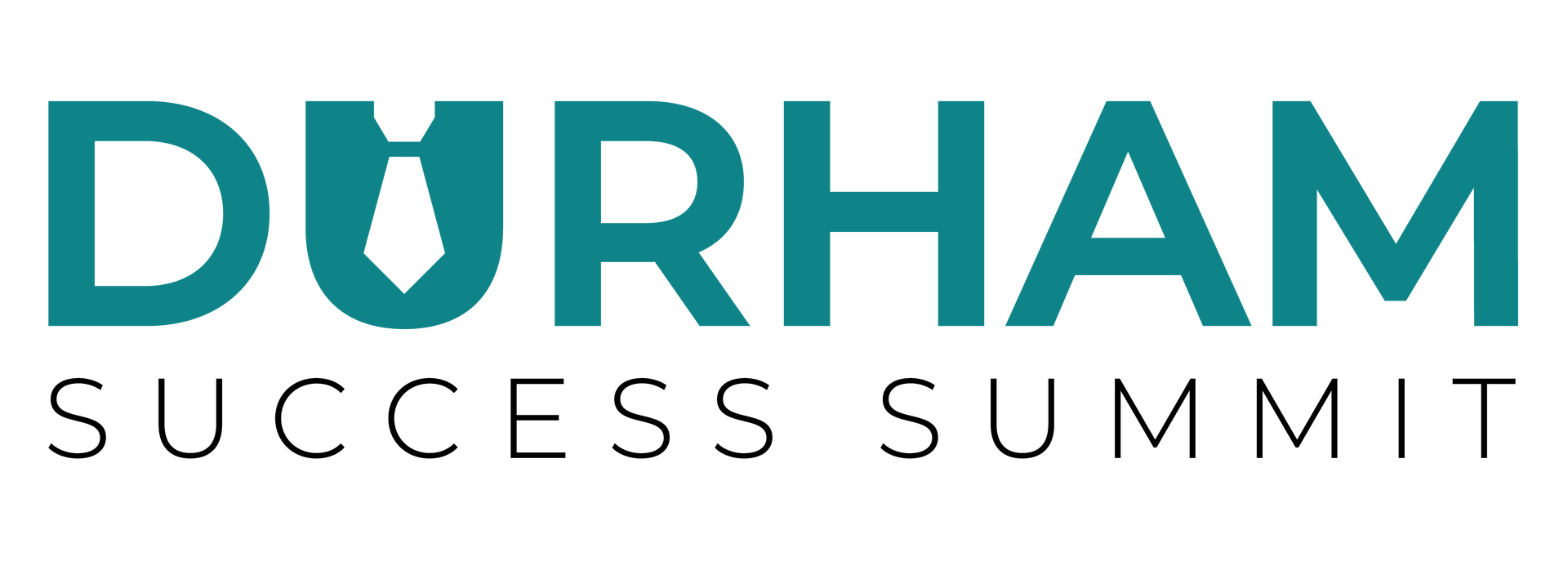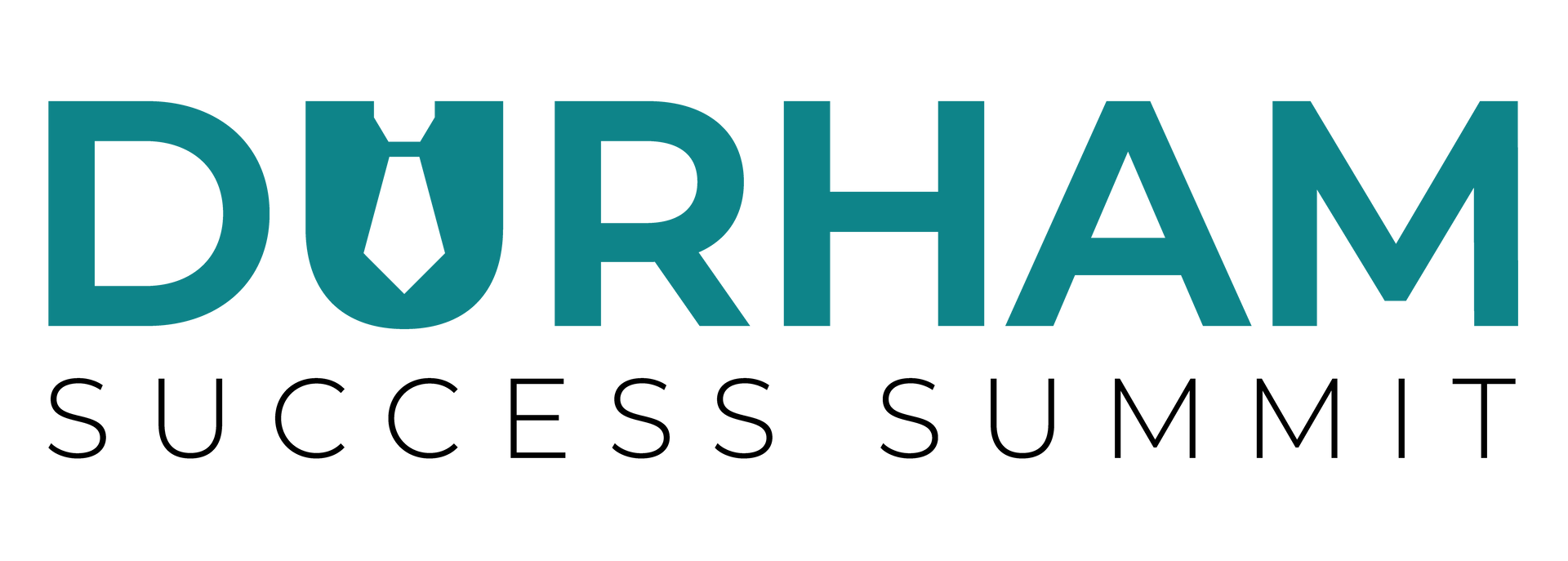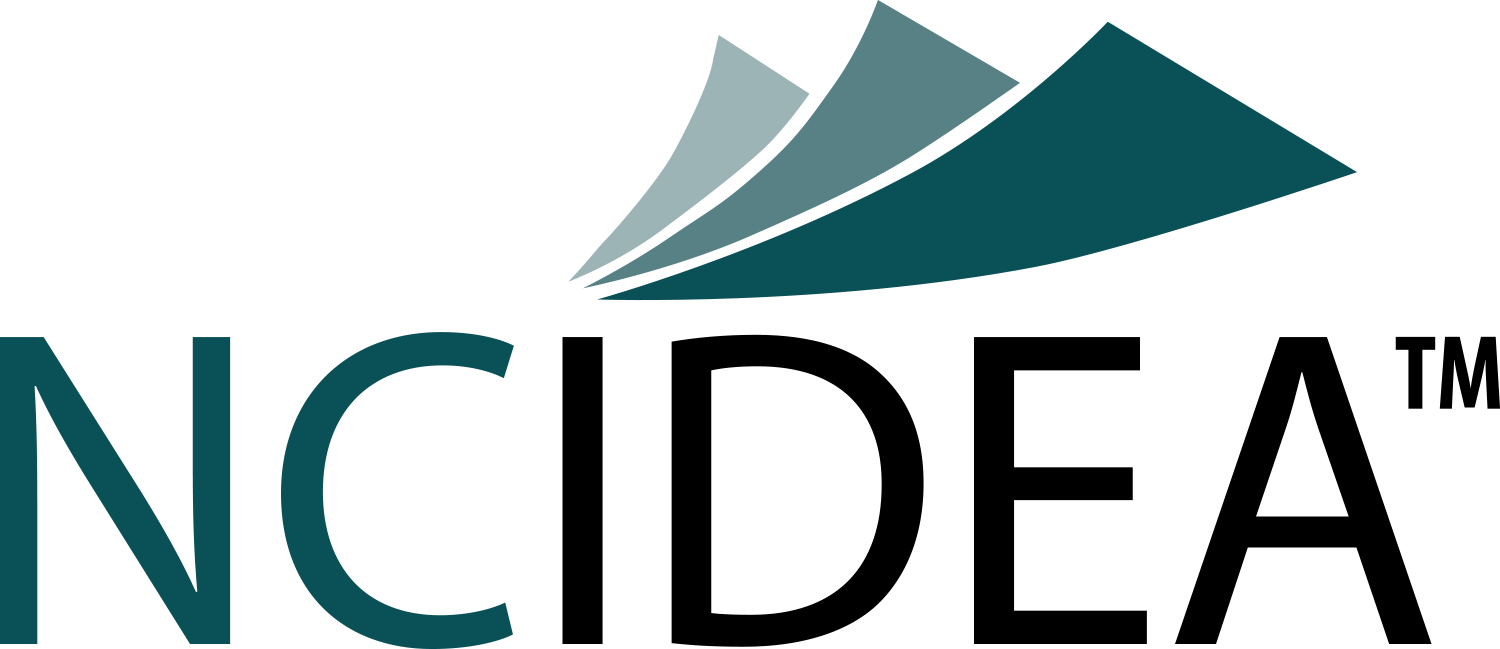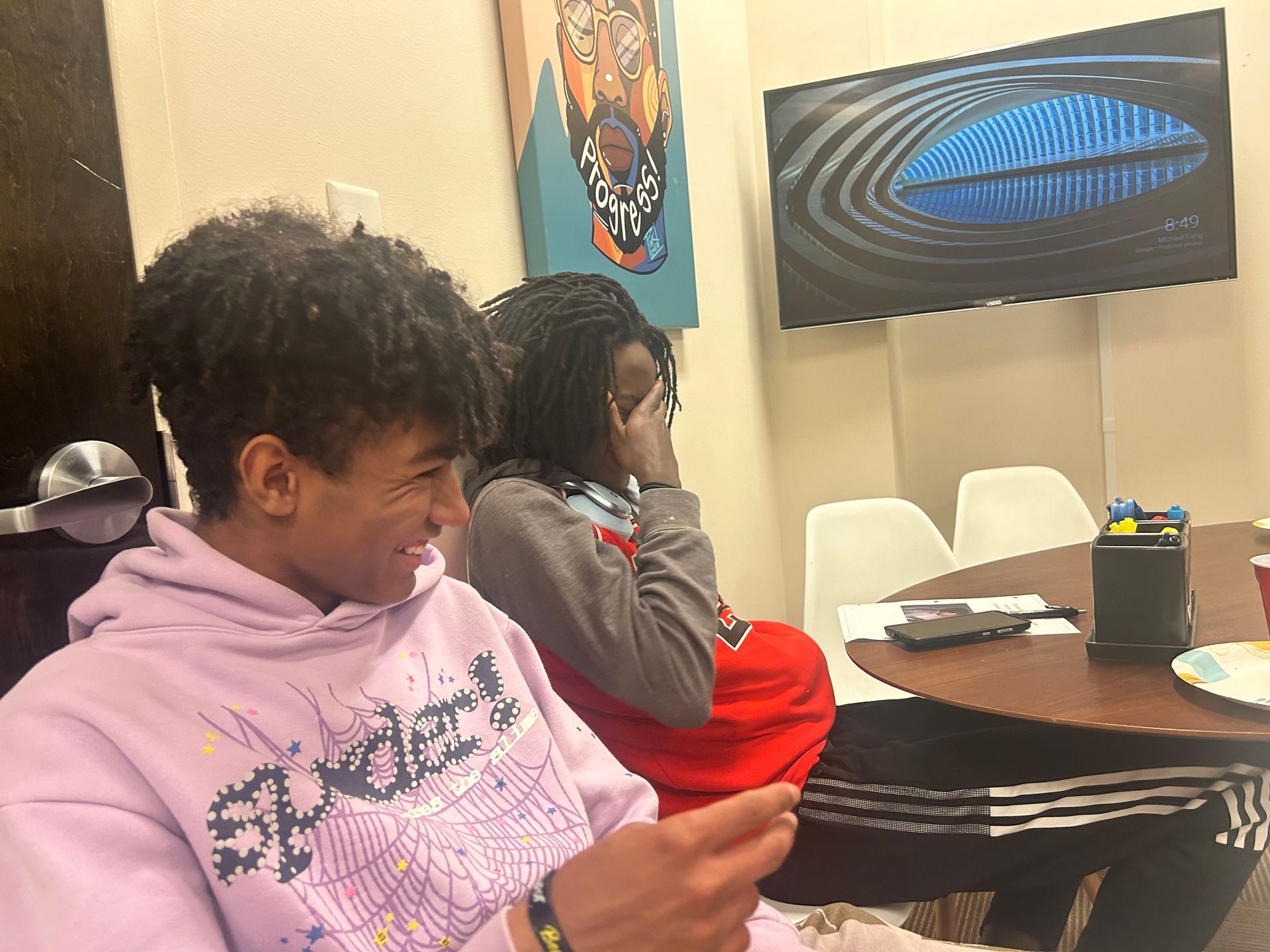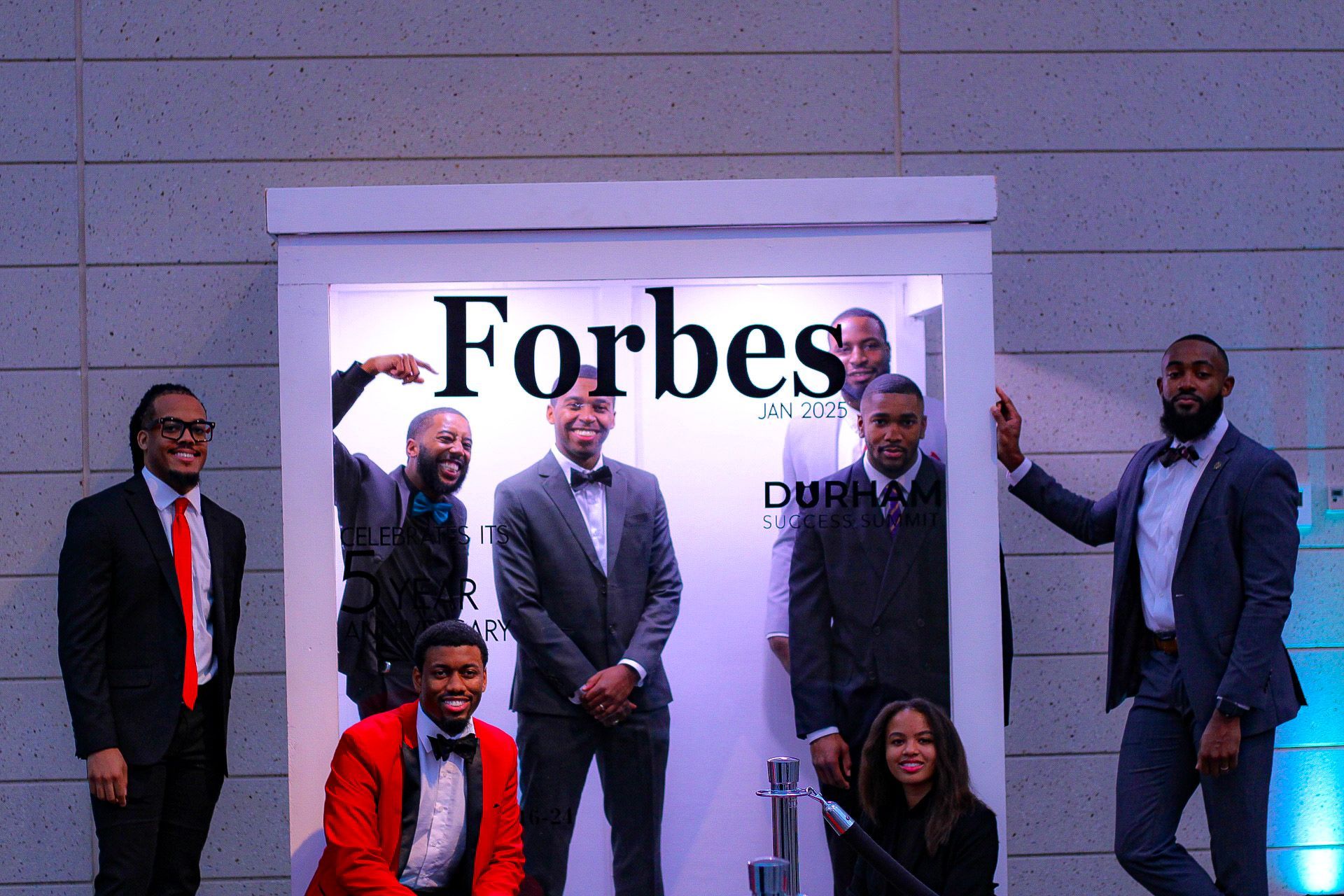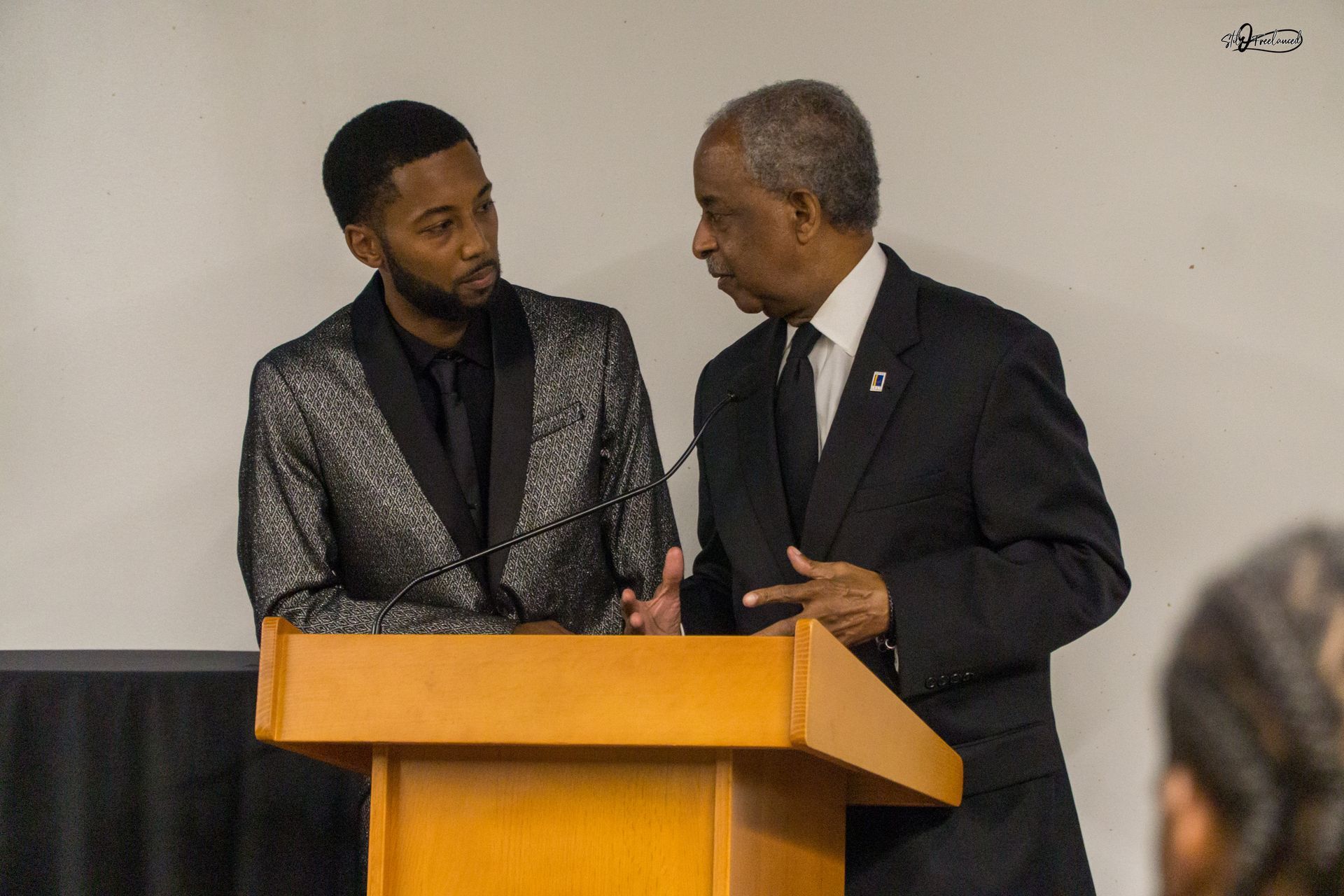It's not about surviving.
We prepare Durham's youth, 16-24, for
high-growth careers by providing the training, networks, and opportunities they need to break into industries with
real earning potential and secure
meaningful economic mobility.
We are investing in a better future for Durham.
Since 1972, Black men have faced the highest levels of unemployment, underemployment, and low-wage jobs in the United States. In Durham, approximately 40% of young Black are not on track for meaningful employment by the age of 25. We work every day to change that.
94%
saw an increase in their professional networks and credible mentor base.
90%
report increased earnings than before the program - making at least a living wage.
100%
report increased clarity on their plans and confidence.
100%
of our alumni find opportunities in top-choice industries.
Our Alumni earn more, build skills, and become game changing leaders.
Testimonials
P.K. Harris
“This was the opportunity I has been looking for. I expected the traditional experience, but what I got was so much more. It was holistic and engaging. DSS made me better."
Jordon Brown
"“I don't think you can sit in our circle and not grow. I have a new job, a better picture of what I want to do in life, and a different mindset that there isn't a limit to success."
David Goins
“Before DSS, I was lost and confused. I wanted to have a good future, but didn't know where to start or what to research. You feel welcomed here."
Jordan Jackson
"It's a once in a lifetime program. We learn from each other and are vulnerable with each other. There aren't many spaces for that. I've grown professionally and personally."
